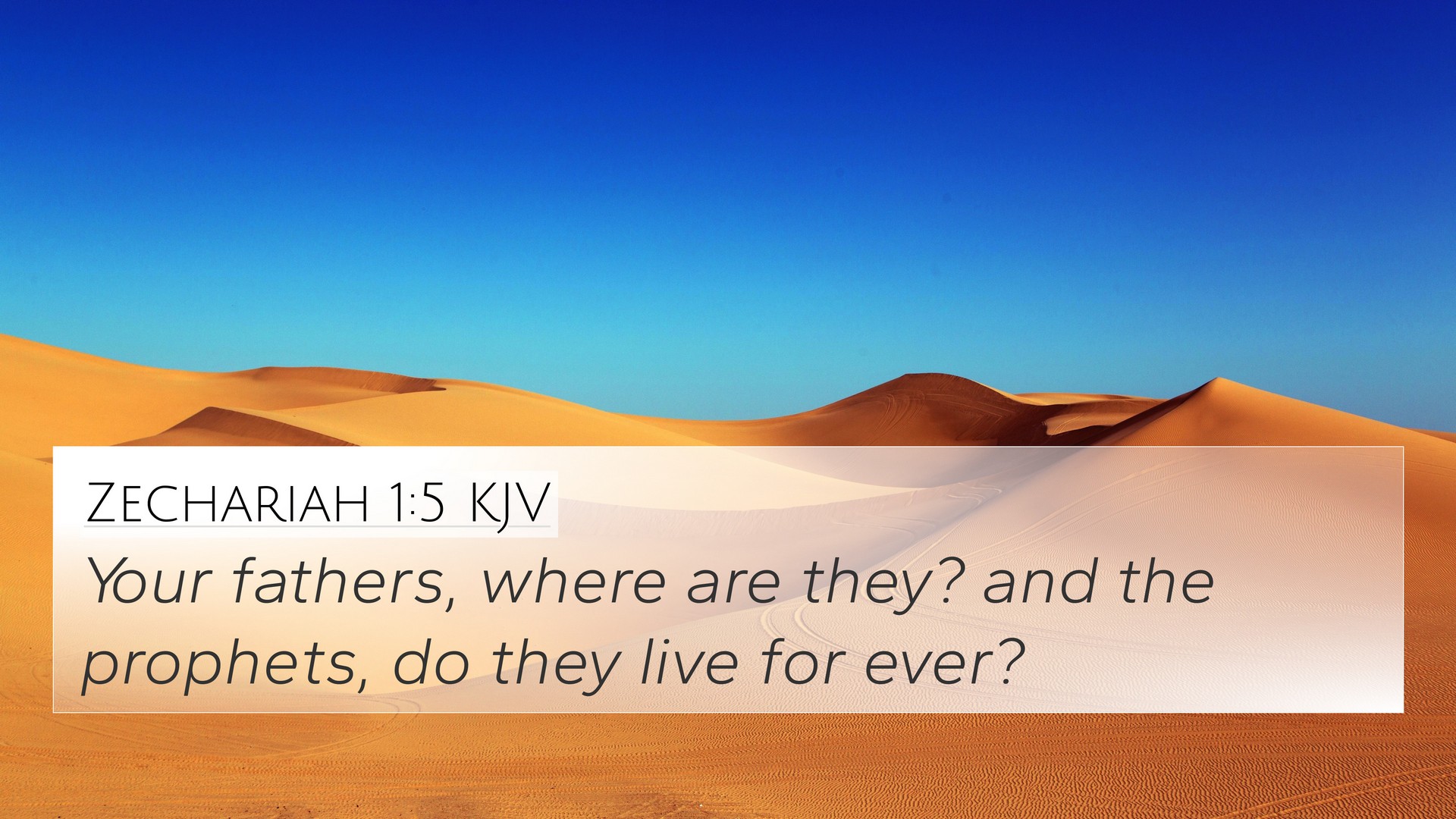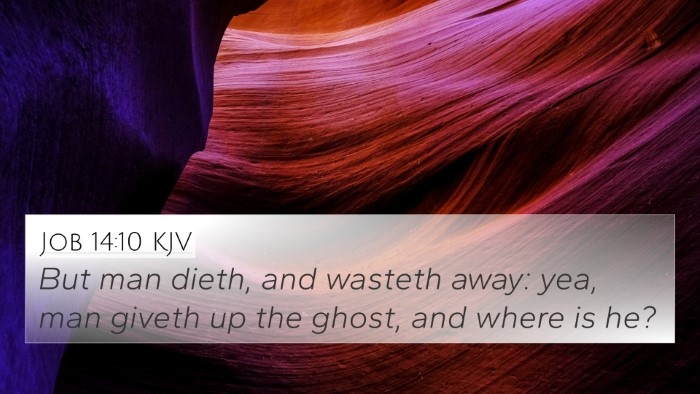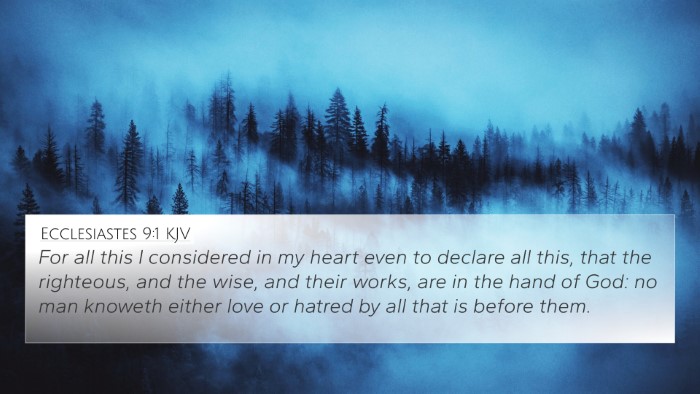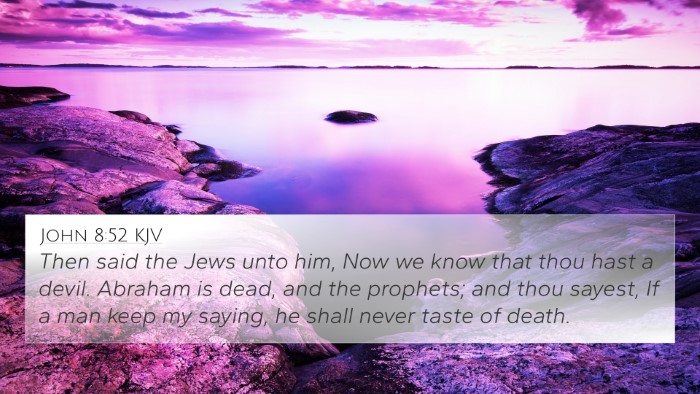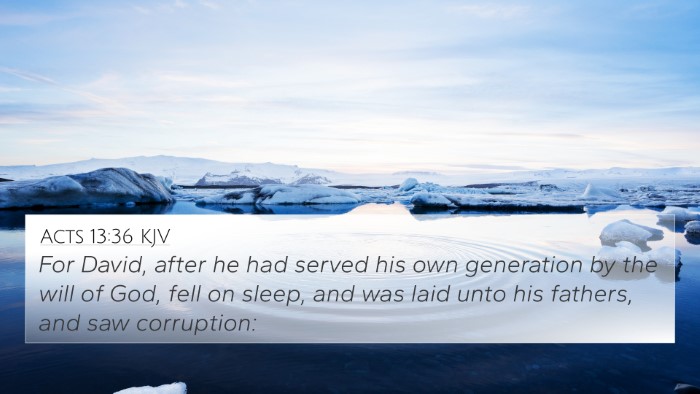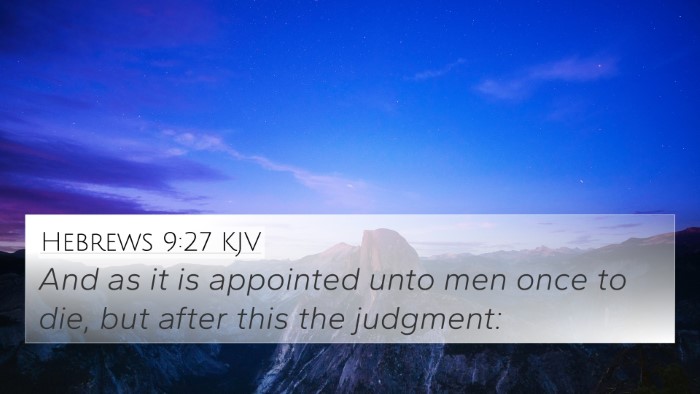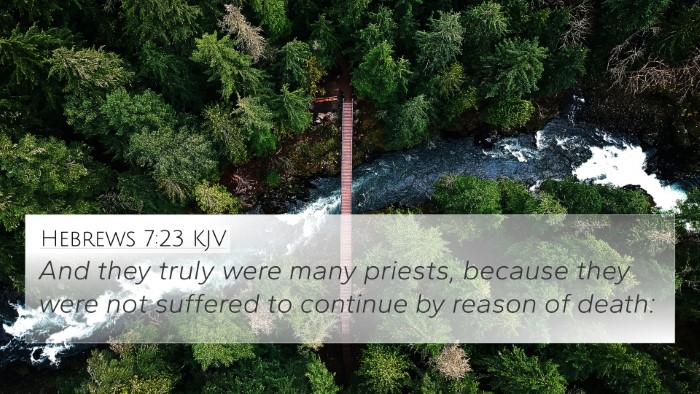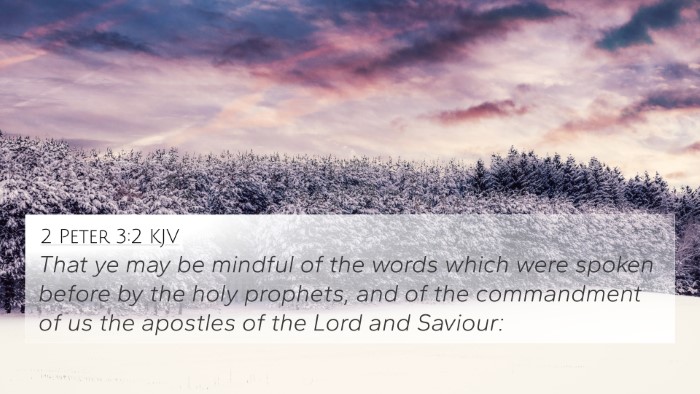Understanding Zechariah 1:5
Zechariah 1:5 reads, "Your fathers, where are they? And the prophets, do they live forever?" This verse prompts significant contemplation regarding the temporality of human existence and the divine messages delivered through prophets.
Verse Meaning and Exegesis
This verse is a rhetorical question which highlights the transient nature of human life compared to the enduring significance of God's prophetic words. Let's break down the meaning as interpreted by various public domain commentaries:
Matthew Henry's Commentary
Matthew Henry stresses the importance of remembering the past. He interprets this question as a reminder of the fate of the forefathers and the prophets, suggesting that while human life is fleeting, the words of the prophets resonate through time. They serve as cautions against forgetting the lessons of history.
Albert Barnes' Notes on the Bible
Albert Barnes elaborates on the theme of accountability found in this verse. He points out that the question serves as a call to reflection on the legacy left by the fathers and prophets. In his view, it emphasizes that the words of the prophets should inspire ongoing spiritual vigilance and commitment in the lives of the living.
Adam Clarke's Commentary
Adam Clarke offers a historical context, noting that Zechariah’s words were directed towards a post-exilic community. He interprets the verse as a challenge to recognize that even though the forefathers and prophets may have departed, their messages and teachings still hold authority and relevance in guiding the current generation.
Key Themes in Zechariah 1:5
- Temporal vs. Eternal: The contrast between the brevity of human life and the permanence of God's word.
- Reflection on History: Importance of learning from predecessors and divine messengers.
- Spiritual Accountability: Encourages believers to acknowledge the ongoing relevance of prophetic teachings.
Bible Verses Related to Zechariah 1:5
Several Bible verses echo the themes found in Zechariah 1:5:
- Hebrews 13:7: "Remember your leaders, those who spoke to you the word of God." - Highlights the need to reflect on those who have imparted divine knowledge.
- Isaiah 40:6-8: "All flesh is grass, and all its beauty is like the flower of the field." - Emphasizes the frailty of life compared to the everlasting nature of God's word.
- 1 Peter 1:24-25: "For all flesh is like grass...but the word of the Lord remains forever." - Connects the idea of transient life with the eternal quality of divine scripture.
- Jeremiah 28:9: "As for the prophet who prophesies peace, when the word of that prophet comes to pass..." - Reflects on the significance of prophetic words standing the test of time.
- James 4:14: "What is your life? For you are a mist that appears for a little time and then vanishes." - Further affirms the fleeting nature of human existence.
- Psalm 103:15-16: "As for man, his days are like grass; he flourishes like a flower of the field; for the wind passes over it, and it is gone." - This verse aligns with the message in Zechariah about human life.
- Luke 16:16: "The Law and the Prophets were until John..." - Indicates the fulfillment and continuity of prophetic messages.
Connecting Zechariah 1:5 with Other Scriptures
The connection between various prophetic texts is evident in the way they address the human condition and spiritual accountability. The cross-referencing of these verses creates a rich tapestry of biblical teaching that underscores the importance of heeding divine counsel:
- Thematic Bible Verse Connections: The themes of mortality and the abiding power of God’s word can also be connected throughout both the Old and New Testaments.
- Cross-referenced Themes: The messages of the prophets echo in teachings found in the Gospels, highlighting the continuity of God’s communication with humanity.
- Scriptural Cross-referencing: When cross-referencing, one can explore how prophetic words in the Old Testament find fulfillment in the New Testament teachings.
Tools for Bible Cross-Referencing
For those looking to delve deeper into the connections across scripture, various tools can assist in studying and understanding these relationships:
- Bible Concordance: A valuable resource that lists words and phrases along with their locations, helping to identify related scripture.
- Cross-Reference Bible Study: Methodologies that focus on drawing connections between verses and themes.
- Bible Cross-Reference Guide: A comprehensive guide that helps track recurring themes and figures throughout the Bible.
Conclusion
In considering Zechariah 1:5, we are reminded to honor the teachings of those who have come before us, recognizing that while they may no longer be physically present, their impact and the words they spoke continue to shape our spiritual journey. As we engage in scripture study through cross-referencing, we uncover a wealth of insights that deepen our understanding of God’s unchanging word amidst the transience of life.
